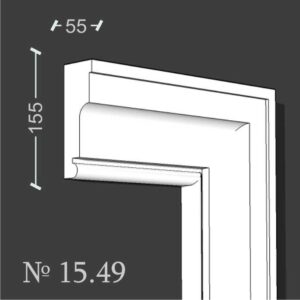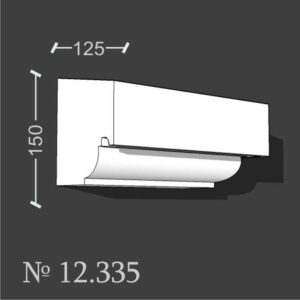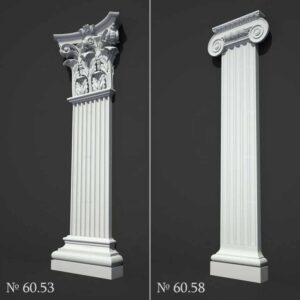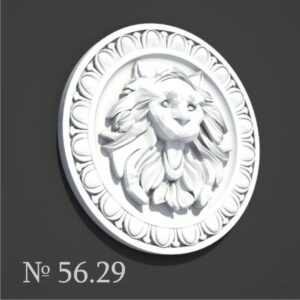Antique buying and selling can be a rewarding and profitable venture for those with a keen eye for history and a passion for unique items. Whether you’re looking to start a small business or just indulge in a hobby, entering the world of antiques can offer both financial and personal satisfaction. This comprehensive guide will walk you through the steps of getting started in antique buying and selling, from understanding the market to making your first sale.
What Is an Antique?
Typically, an antique is defined as an item that’s at least 100 years old. However, some collectors and dealers may consider items from the early 20th century as antiques due to their historical and cultural significance. Antiques can include furniture, jewelry, art, textiles, tools, and other artifacts from past eras.
Steps to Get Started
- Educate Yourself
Knowledge is your most valuable asset in the antique business. Start by learning as much as you can about the different types of antiques, their history, and identifying marks. Read books, take online courses, and attend seminars on antique appraisal and restoration.
- Visit Antique Shops and Fairs
Spend time visiting antique shops, fairs, and auctions. This will give you a sense of what’s available in the market, current pricing, and what’s in demand. Networking with experienced dealers can also provide valuable insights and tips.
- Choose Your Niche
The antique market is vast, and it’s beneficial to specialize in a particular niche. Whether it’s antique furniture, vintage jewelry, art, or collectible toys, focusing on a niche allows you to become an expert in that area and build a reputation.
- Start Small
Begin with a modest investment and gradually expand as you gain experience. Look for items that are affordable but have the potential to increase in value. Estate sales, garage sales, and flea markets can be excellent places to find hidden treasures at reasonable prices.
- Learn to Negotiate
Negotiation is a crucial skill in the antique business. Practice haggling to get the best prices when buying and be prepared to negotiate with buyers when selling. Building good relationships with sellers can also lead to better deals in the future.
Buying Antiques
- Research
Before making a purchase, research the item thoroughly. Check its authenticity, condition, and market value. Online databases, auction house results, and antique reference books can provide valuable information.
- Inspect the Item
Examine the item carefully for any signs of damage, repairs, or alterations. Authentic antiques often show signs of wear and patina that indicate their age. If possible, use tools like magnifying glasses or UV lights to inspect markings and details.
- Verify Provenance
Provenance refers to the history of ownership of an antique. Items with a well-documented provenance are often more valuable. Ask for any available documentation or certificates of authenticity.
- Consider Restoration
Some antiques may require restoration to fetch a higher price. However, be cautious with restoration, as improper techniques can diminish the value. Always consult with a professional restorer if needed.
Networking and Building Relationships
Networking with other antique dealers, collectors, and industry professionals can provide valuable opportunities and insights. Join antique associations, attend trade shows, and participate in online forums and groups where you can sell antiques online. Building strong relationships can lead to better buying opportunities and a supportive community.
Challenges and Considerations
Entering the antique business comes with its challenges. It’s essential to be prepared for potential obstacles and consider the following:
- Market Fluctuations: The value of antiques can fluctuate based on trends and economic conditions. Diversifying your inventory can help mitigate risks.
- Authentication Issues: Ensuring the authenticity of antiques can be challenging. Building relationships with experts and investing in proper appraisal tools can help.
- Storage and Maintenance: Proper storage and maintenance of antiques are crucial to preserving their value. Invest in appropriate storage solutions and learn proper care techniques.
- Legal Considerations: Be aware of any legal regulations regarding the buying and selling of antiques, especially items that may be considered cultural heritage or require special permits.
Final Thoughts
Getting into antique buying and selling can be a rewarding endeavor, offering both financial opportunities and the joy of discovering and preserving pieces of history. By educating yourself, starting small, and building strong relationships within the industry, you can navigate the antique market successfully. Whether you’re looking to turn a profit or simply indulge in a passion, the world of antiques offers endless possibilities for exploration and enjoyment.












